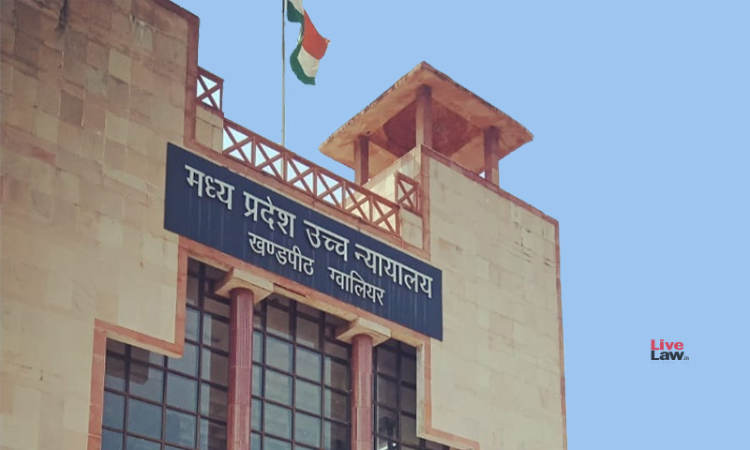S.340 CrPC Can't Be Invoked If False Statement In Application Did Not Impact Its Outcome: Madhya Pradesh High Court
Zeeshan Thomas
20 April 2022 3:15 PM IST

Next Story
20 April 2022 3:15 PM IST
The Madhya Pradesh High Court, Gwalior Bench recently held that false statements made in an application under section 45 of the Indian Evidence Act, which did not have any impact on the outcome of the said application, cannot be a ground to initiate proceedings under section 340 CrPC.Justice G.S. Ahluwalia was essentially dealing with an application under section 482 CrPC moved by...
